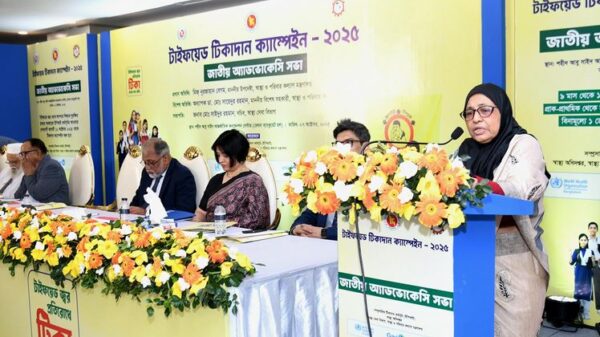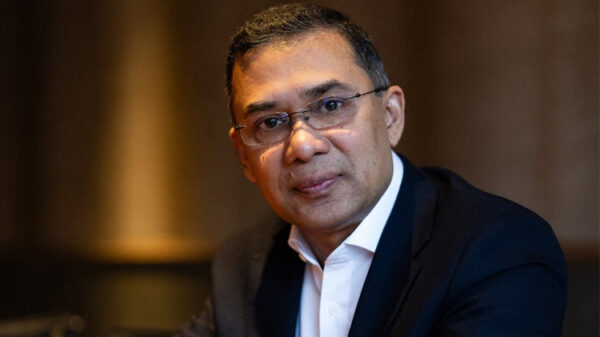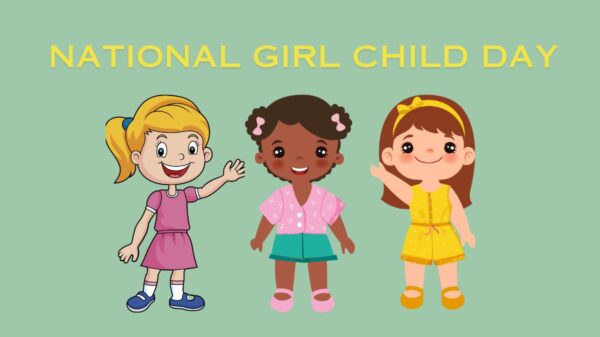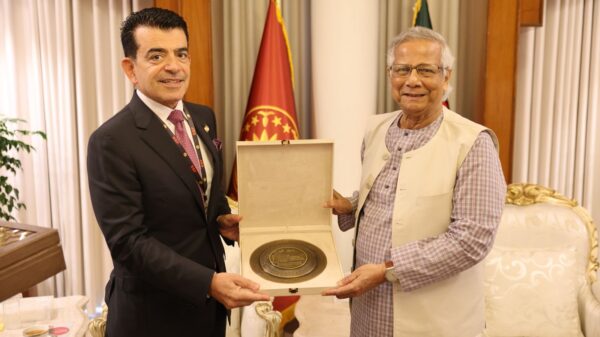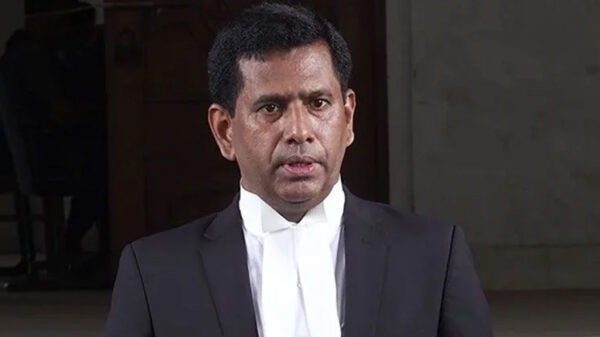Staff Reporter:
Improvements in the country’s human rights situation, highly expected with the fall of the Awami League regime, have remained elusive eight months later, HRSS has said in a statement.
The interim government’s continued failure in improving the situation, despite the fall of a fascist regime, stems largely from worsening crime rates, and repeated instances of unruly public behaviour, like mob justice and mostly avoidable street movements, HRSS observed.
Fifty-three years after gaining independence, Bangladesh continues to fail in establishing democratic practices, and protecting human rights as well as ensuring social justice, human dignity and equality, the non-profit said Thursday, in its quarterly update for the January-March period.
Achieving real freedom has remained a distant dream, it added.
July-August last year saw the worst human rights violations as the brutal state machinery cracked down on the otherwise peaceful anti-government protesters. The fascist Awami League government had to ultimately step down in the movement, ushering in hopes among the general mass of tasting “real freedom”.
However, the interim government, formed to realise the vision, failed to meet the expectations throughout the January-March period, leaving the human rights situation in almost the same state as it was during the Awami League rule.
There were improvements in the consumer markets and road traffic during the Holy Ramadan, which has almost every year been marked with price hikes and acute traffic congestion for holidaymakers. However, the security situation did not improve as expected.
Rather, cases of mob justice, political violence, gender-based violence, and attacks on journalists rose in January-March compared with previous quarters. Instances of custodial deaths, police attacks on protesters and minority attacks were also seen during the period, HRSS noted.
Mob justice set a worrying example during 5-7 February. Unruly mobs tore down different establishments linked to the ousted Awami League fascists, including historical sites like the Bangabandhu Memorial Museum Complex, simply due to a public address by fugitive dictator Sheikh Hasina.
Furthermore, political activists were attacked on court premises, and, in some cases, political activists snatched detainees from legal custody by attacking policemen. Road blockades were enforced by the general people to realise demands that were largely self-centered and could have been deferred.
At least 47 people were killed and over 2,400 injured in 325 cases of political violence, mostly driven by BNP’s aspirations to illegally seize properties and extortion trades. More than half of the cases involved BNP’s factional clashes to gain territorial control ahead of general elections the party expects to win.
There were also cases of cross-border violence with the Indian Border Security Force (BSF) repeatedly breaching international rule to erect fences and killing at least five Bangladeshi nationals along borders. Myanmar’s rebel Arakan Army also abducted Bangladeshis and snatched their belongings during the period.
At least 91 journalists were harassed during January-March, including 58 injured in attacks.
Seventy incidents of mob violence saw 31 deaths and 64 injuries during January-March, with the most notable incident being the brutal beating of two Iranian nationals in the capital.
Nine people died in police custody or in clashes with law enforcers. In seven cases of minority attacks, two were injured, 10 Hindu deity idols vandalized, and two pieces of lands were forcibly seized.
In total, 512 cases of gender-based violence were seen in January-March. Around 240 rape cases were reported over the period, where 60% of the victims were minors, and 23% of the cases involved gang rapes. Three underage girls or women were killed after rape, whereas six women committed suicide after the assault. The most violent rape was that of Magura-based Asia, 8. The child died eight days later while undergoing treatment at CMH.
HRSS called on the government to work with political parties, civil society, journalists and other civilian groups as well as individuals to improve the law and order situation. Policymakers themselves have to be more proactive and responsible in ensuring law and order, while others have to be more vocal to this end, HRSS recommended, warning otherwise the situation would continue to deteriorate.



